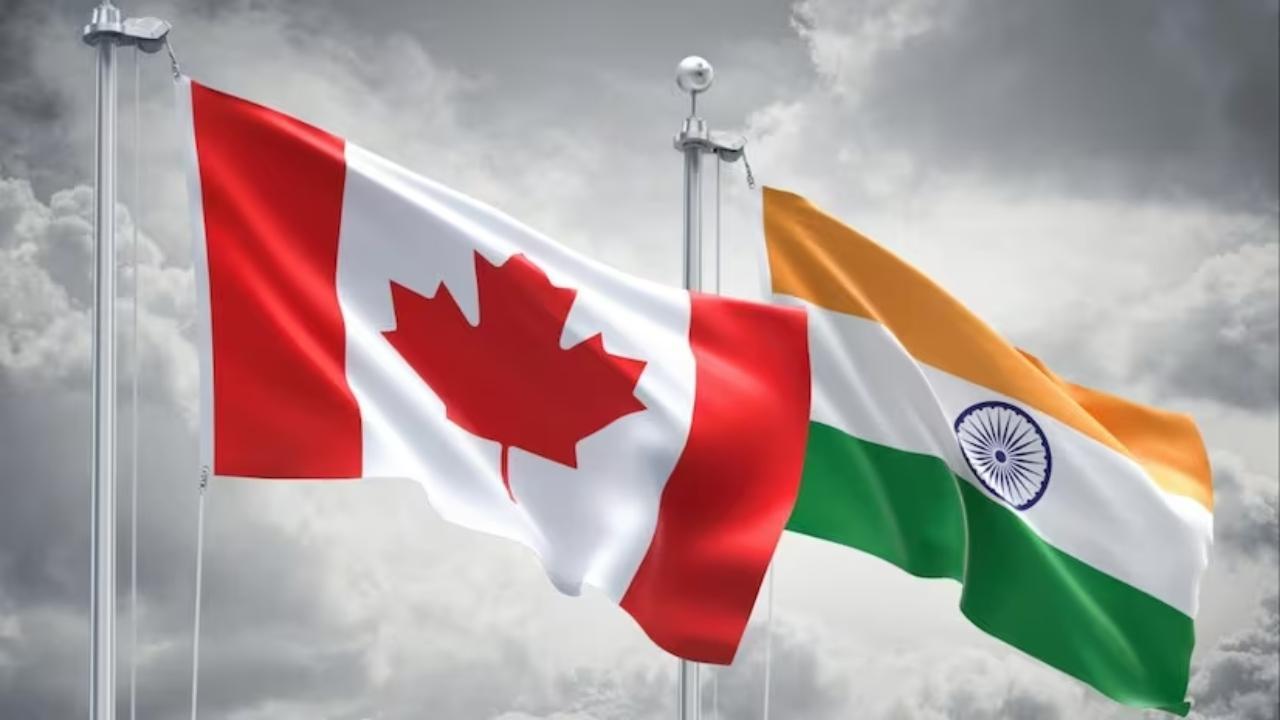Canada has initiated the evacuation of the majority of its diplomats posted in India outside of New Delhi, relocating them to either Kuala Lumpur or Singapore

Representational picture
Canada has initiated the evacuation of the majority of its diplomats posted in India outside of New Delhi, relocating them to either Kuala Lumpur or Singapore. This decision comes in response to India's demand for Canada to achieve diplomatic staff parity by October 10, following a diplomatic row over the killing of Hardeep Singh Nijjar, as reported by CTV News, a Canadian television network.
ADVERTISEMENT
The diplomatic row escalated when Canadian Prime Minister Justin Trudeau alleged Indian involvement in the killing of Khalistani separatist Nijjar back in June. India rejected these allegations, branding them as "absurd" and "motivated." In response, India expelled a senior Canadian diplomat, mirroring Ottawa's expulsion of an Indian official over the same case.
Indian authorities have set a deadline of October 10 for Canada to reduce its diplomatic staff in India to match the number of Indian diplomats in Canada. While earlier reports suggested that 41 diplomats would have to leave, sources cited by CTV News confirmed that the demand pertains to achieving parity.
The report states, "A majority of the Canadian diplomats working in India outside of Delhi have been evacuated to either Kuala Lumpur or Singapore."
Also read: Mumbai: "It felt like being smothered," Goregaon building fire survivors recount horror
Global Affairs Canada, the department responsible for Canada's diplomatic and consular relations, had previously stated that, due to some diplomats receiving threats on social media platforms, they were "assessing its staff complement in India." Consequently, as a precautionary measure, they decided to temporarily adjust their staff presence in India. This decision followed Prime Minister Justin Trudeau's accusation that the Indian government was involved in the murder.
India has now insisted that Canada must reduce its diplomatic presence in India to attain parity in strength and alleged that some Canadian diplomats are interfering in India's internal matters. This development signals a continuing deterioration in bilateral relations between the two nations in the wake of Nijjar's killing.
Arindam Bagchi, the spokesperson for India's Ministry of External Affairs, emphasized that discussions on the modalities to achieve mutual diplomatic presence are ongoing and indicated that India will not reconsider its position on the matter. Bagchi stressed the need to ensure parity in diplomatic strength, highlighting that Canada's diplomatic presence in India far exceeds India's strength in Canada. Although Bagchi did not confirm the October 10 deadline, reports suggest that New Delhi has set this as the deadline for Ottawa to reduce its number of diplomats in India.
Regarding whether Canada has shared any information or evidence related to Nijjar's killing, Bagchi referred to remarks made by India's External Affairs Minister, S. Jaishankar, who stated that India is open to reviewing specific or relevant information if shared by Canada. (Agencies)
 Subscribe today by clicking the link and stay updated with the latest news!" Click here!
Subscribe today by clicking the link and stay updated with the latest news!" Click here!







